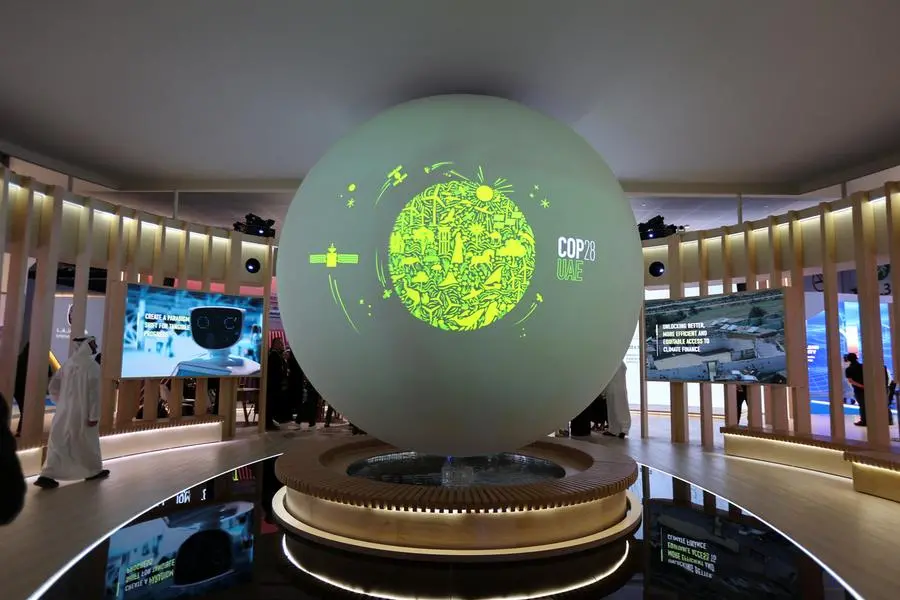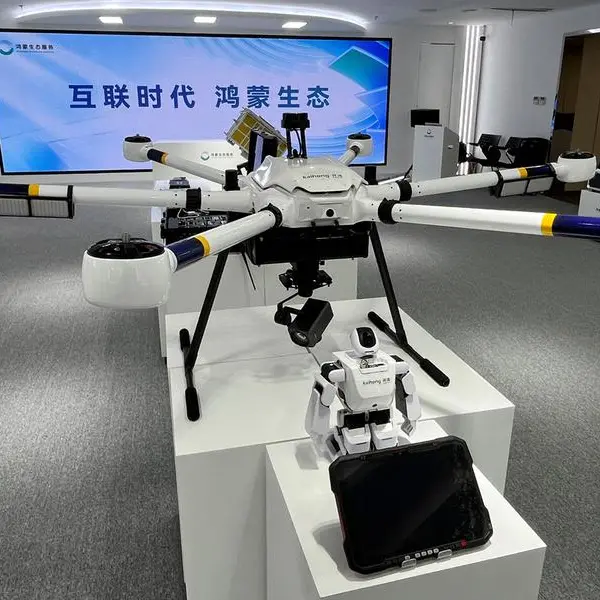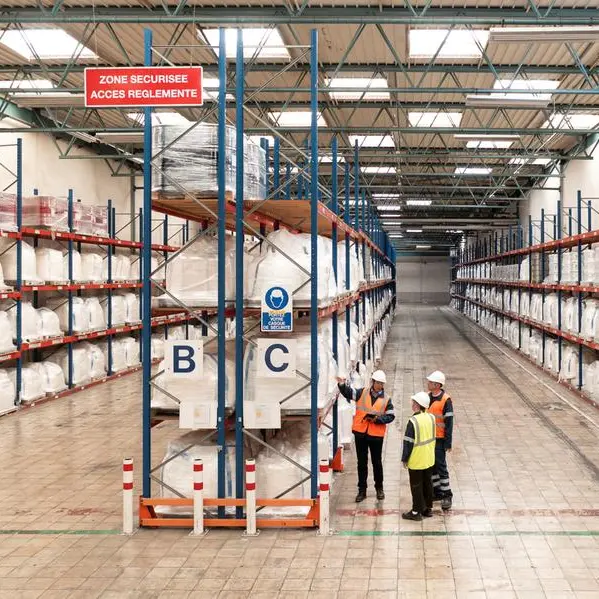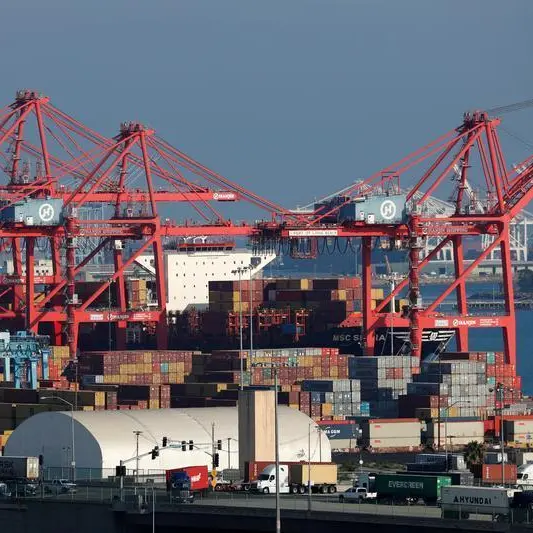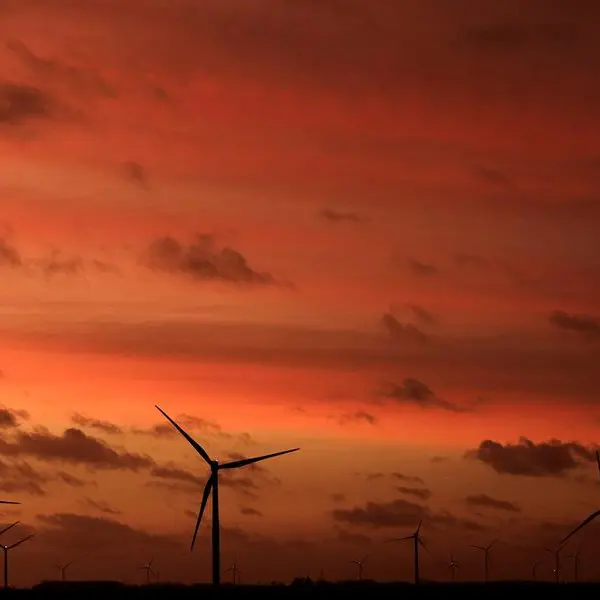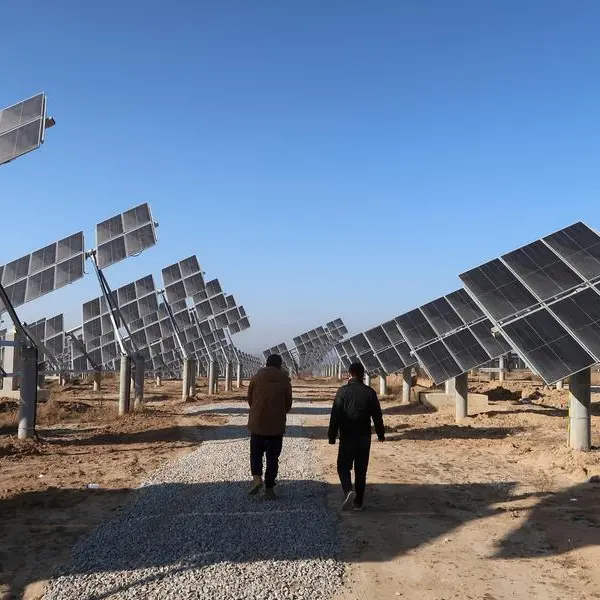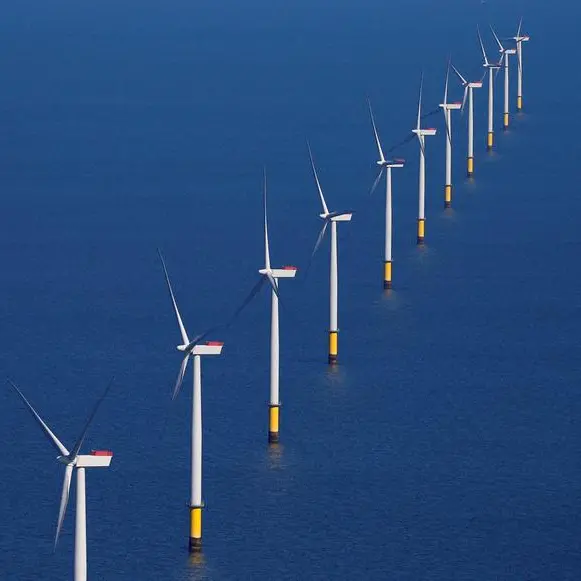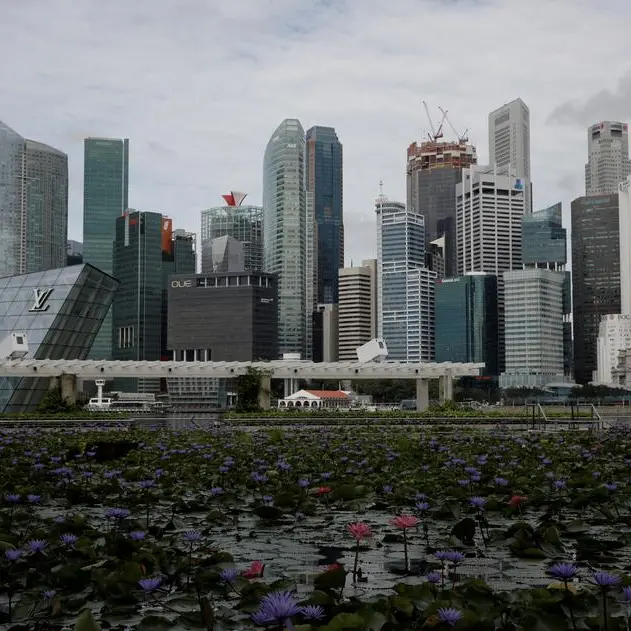PHOTO
Having witnessed the UAE’s Expo 2020, one can grasp the magnitude of anticipation surrounding the United Nations Climate Change Conference (COP28). Despite the Covid-19 pandemic’s formidable challenge, the UAE transformed Expo into a remarkable trade and commerce spectacle. This success was driven by determination, meticulous planning, substantial investment, and innovation. As the world confronts the profound challenge of climate change, the UAE is poised to harness that same spirit for COP28.
However, addressing a challenge as vast as climate change isn’t about one country’s efforts alone. The journey to COP28 on November 30 is lined with crucial milestones. From boardrooms prioritising presentations to think tanks dissecting data, corporates seeking growth avenues, and policymakers determining incentives, everyone recognises that climate change mitigation and adaptation need collaborative thought, mutual compromises, and effective financial strategies.
Some obstacles are more critical in the build-up to the mega-gathering. There is an enormous gap between the funds required to address climate change and the amounts available. While public finance is essential, the scale of the challenge means that significant private-sector investment is also needed. Addressing these challenges requires collaboration between nations, clearer governance mechanisms, increased commitment from the developed world, innovative financial instruments, and greater private sector involvement.
All these challenges cannot be addressed at the same time and during just one summit meeting. They require a build-up with many events ironing out the differences in the existing approaches with the cost-benefit analyses on an overdrive. These events constitute the milestones that would address the small print in the run-up to November, where the headline-grabbing announcement could be made. The building blocks of decision-making almost always go back to these brainstorming sessions where stakeholders weigh their options and decide accordingly.
Regional platforms
Regional platforms are the way to go regarding the build-up to COP28. Four major events constitute milestones before we reach the crescendo later this year. Such gatherings whittle down the agenda list to suit its participants. The process began with the Africa Climate Week (ACW 2023), held in Nairobi from September 4-8. Kenya hosted this event in parallel with the Africa Climate Summit.
Then comes the Middle East and North Africa Climate Week (MENACW 2023), which Saudi Arabia hosts from October 9-12. It will be the second Regional Climate Week to build momentum ahead of COP 28. Scheduled to be hosted by Panama from October 23-27, the Latin America and Caribbean Climate Week (LACCW 2023) is another milestone. The last of the series is the Asia-Pacific Climate Week 2023 (APCW 2023) in Malaysia’s city of Johor Bahru from November 13-17.
The culmination of these cycles will lead toward the first Global Stocktake (GST), concluding at COP28 in the UAE in December. The first Global Stocktake is at the mid-point of implementing the 2030 Agenda for Sustainable Development and Sustainable Development Goals (SDGs), including Goal 13 (climate action). A mandated workshop on the elements of the outcome of the GST will precede in the UAE in October.
Taking another trajectory is the pre-COP meetings, where ministers from various countries discuss key political aspects of the upcoming summit. The Thematic Workshops and Meetings is another parallel track that addresses aspects of the climate negotiation process, like technology transfer, adaptation, mitigation, and finance. Before these meetings lined up, the UNFCCC subsidiary bodies met at the Bonn Climate Change Conference in June to advance technical work.
Reports and publications
Another critical milestone in the build-up is the major reports, updates, and publications from important institutions, such as the Intergovernmental Panel on Climate Change. These reports typically set the agenda or influence discussions. Then, there are meetings of the Technology Executive Committee, the Climate Technology Centre and Network Advisory Board, and Ministerial Consultations on funding arrangements for responding to loss and damage.
Climate change is almost always on the agenda at other high-level forums, such as the G7 or G20 summits, the United Nations General Assembly, or the World Economic Forum. Aside from the primary business of agreeing on workable solutions by main stakeholders, the governments in this case also have initiatives by non-state actors, including corporates and NGOs who often hold events, launch initiatives, or publish reports that can influence COP’s direction of discussions.
While public finance is essential and sought after, the challenge also requires significant private-sector investment. However, incentivising private sector participation can be difficult due to perceived high risks and uncertain returns. Debates also constantly hover around prioritisation, i.e., how funds should be allocated. Should more funding go to mitigation (reducing emissions) or adaptation (helping countries cope with the effects of climate change)?
All the nitty-gritty would require extensive discussion in the build-up to the summit before the UAE’s charm offensive hopefully ensures a meeting of minds and leads to some historic decisions to safeguard the future of our planet.
Ehtesham Shahid is an Indian editor and researcher based in the UAE. X: @e2sham.
Copyright © 2022 Khaleej Times. All Rights Reserved. Provided by SyndiGate Media Inc. (Syndigate.info).
